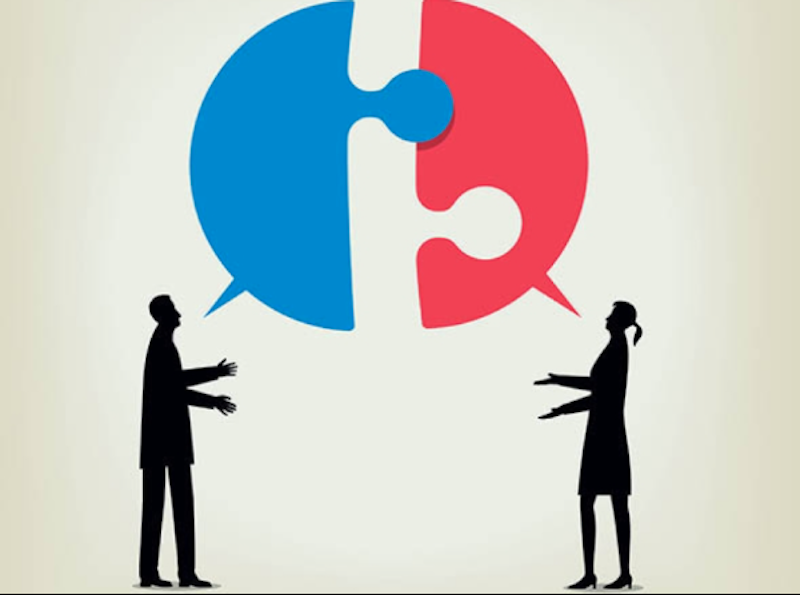Since it’s Mental Health Awareness Month, last week I wrote about some of the effects of the Trump administration on mental health, particularly on marginalized communities. I heard some typical whining from a few Trumpkins, but these are people who are okay with eliminating suicide hotlines for veterans and vulnerable children, among a myriad of other despicable things happening around us, so I ignore them. As if I care about the opinions of people who cheerlead for authoritarians while making themselves richer every day.
As noted in my previous piece, statistics show that the mental health of this nation is suffering under the current administration. Whether it’s because of over-quarter million jobs that have been lost, money lost due to the collapse of the economy, executive orders harming the LGBTQIA+ community and the arts, science and health, nature and the environment, people have certainly found reasons to be anxious and/or depressed about the dramatic changes to the country.
What’s there to do?
Finding balance about what news exposure to consume is crucial. In a time of uncertainty and “shock and awe” news headlines where one minute there’s a story about Trump violating the Constitution by accepting a $400 million luxury jet from Qatar and the next minute he’s tweeting about China tariffs or drug prices. Do you leave the news on all day? How often do you check news social media? If your mental health is suffering, maybe consider only checking devices once in the morning and once at night, or on a schedule that’s less stressful. While many people have abandoned “checking the news” at all, preferring to remain in a news-free environment to “protect their peace,” a state of unknowing only creates additional stress, not to mention the type of apathy that got Trump elected to begin with: out of sight/out of mind strategy ends in chaos and dictators.
One op-ed by Leila Olukoga noting that Americans are experiencing crisis fatigue stated: “There are ways to protect your mental health without disengaging—staying informed is necessary, but endless reading about political turmoil can be debilitating. As gloomy as it all is, taking a few hours away from your phone or social media can progressively take a weight off your mental stress. Setting a designated time to check in on particular issues can help deter you from feeling trapped in a cycle. Though Trump’s shock and awe strategy has done lasting damage to the population’s psyche, disengaging entirely is not an option. Safeguarding our well-being is vitally important to sustaining resistance and not succumbing to exhaustion so we can fight for our future. Trump’s crackdown on our essential rights as Americans can lead to feeling confused and isolated, but we must remember that we are not alone.”
The Guardian points out that volunteering can help with mental health issues caused by political stress. “Nine out of 10 respondents reported that volunteering—with a charity, community group, or school or civic institution—made them feel they were making a difference. Seventy-four per cent said it brought them into positive contact with people from different backgrounds, and 68% that it made them feel less socially isolated.”
Finding distractions is often the best way to handle increased stress or depression resulting from a chaotic political landscape. Says Olukoga, “It is also essential to do restorative activities. Whether that is spending time with loved ones, reading a book, exercising or taking on a new hobby, finding moments of relief can provide necessary mental escapes. These practices are not a sign of disengagement but rather an essential part to preserving the energy and mental stability needed to resist political injustice.”

